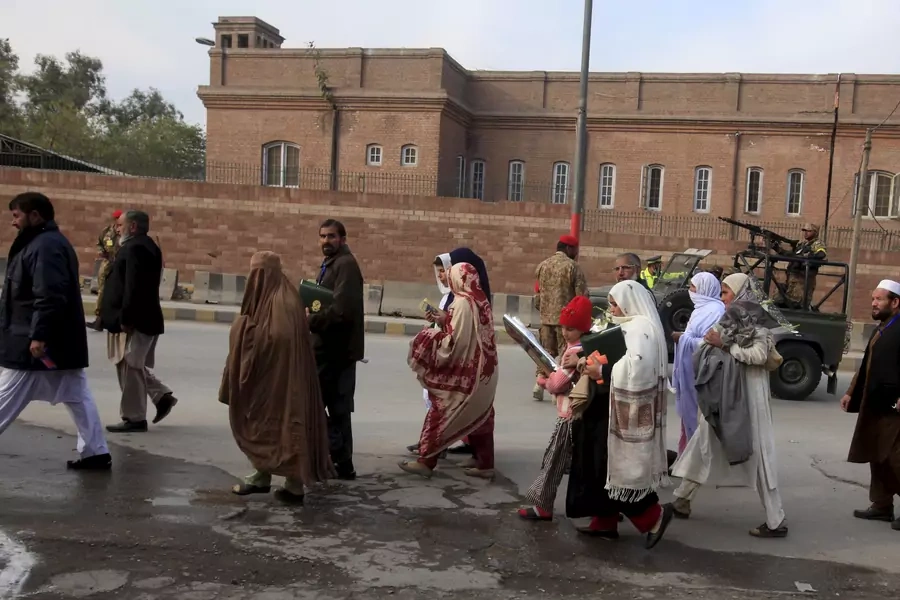Women Around the World: This Week

Pakistani Taliban recruits women
The Pakistani Taliban accelerated its recruitment of women this month, launching a new women’s magazine to encourage potential female recruits to join. The publication targets a young, social media-savvy audience, inviting women to organize and learn how to use weapons and grenades. Experts suggest that the launch of the magazine is a strategic move to re-establish influence among young people in the wake of recent losses on the battlefield. The Pakistani Taliban joins other extremist groups by targeting women for recruitment: women have conducted numerous suicide attacks for Boko Haram and the self-proclaimed Islamic State group—including last month in Mosul, in what may be the largest case in history of women carrying out suicide operations in battle.
Colombia combats human trafficking
The Bogota government launched a new initiative this week to combat human trafficking by increasing awareness about the prevalence of the crime in the capital. With an estimated 308,200 people trapped in slavery today, Colombia is home to the second-highest rate of human trafficking in Latin America, second only to Mexico. Experts suggest that these figures may climb following the peace deal signed with the Revolutionary Armed Forces of Colombia (FARC) last year, given concerns that post-conflict displacement will elevate the risk of human trafficking. Studies from Bosnia to Guatemala show that the crime of trafficking—including forced sex work and labor exploitation—skyrockets in countries that have recently experienced war.
More on:
Forced marriage in Kyrgyzstan
A new report from researchers at Duke University finds that one in five women in Kyrgyzstan are kidnapped for marriage. The practice, called ala kachuu, is especially common among the ethnic Kyrgyz, among whom one-third of all marriages are the result of abduction. In many cases, kidnappers rape victims as a shaming tactic to deter them from fleeing to their families. The women forced into such marriages face a heightened risk of domestic violence with few legal protections or recourse, given that these unions are not recognized under national law. Kidnapped brides also are more likely to bear children suffering from low birthweight, an indicator of poor health for both mother and child. While forced marriage is illegal in Kyrgyzstan, and the country has taken some steps to combat this harmful practice, rights groups suggest that a wide gulf remains between the laws on the books and their implementation in practice.
More on:
 Online Store
Online Store